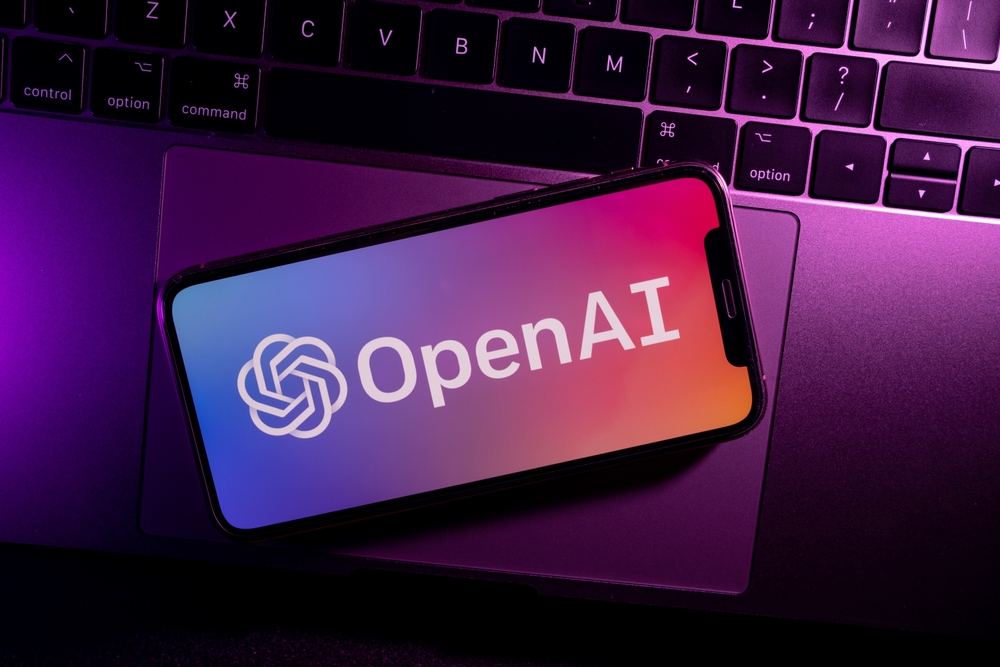The GPT Store, OpenAI’s official marketplace for GPT AI chatbots based on OpenAI’s generative AI models, is facing scrutiny due to an influx of potentially infringing apps, according to TechCrunch. Despite rules prohibiting developers from creating chatbots that violate academic integrity standards, the marketplace hosts GPTs capable of bypassing AI content detectors, raising concerns about plagiarism. Furthermore, some chatbots offer access to trademarked characters and premium paid services, potentially exposing OpenAI to legal risks.

Unauthorized Franchise-Based Chatbots
TechCrunch reports the presence of GPTs on the GPT Store that are based on popular movie, TV, and video game franchises, despite lacking authorization from the franchise owners. Examples include chatbots allowing users to create characters reminiscent of Monsters, Inc. and embark on text-based Star Wars adventures. Such offerings not only raise legal concerns for potential copyright infringement but also undermine the integrity of the marketplace.
Legal Implications and OpenAI’s Position
While OpenAI itself is protected from liability under the Digital Millennium Copyright Act (DMCA), thanks to provisions safeguarding platforms hosting infringing content, the proliferation of unauthorized chatbots poses reputational risks. Despite efforts to combat violations, including enforcing rules against apps that breach academic integrity standards, the continued presence of such apps threatens the credibility of the GPT Store. OpenAI reassures users that it is actively addressing these challenges, but acknowledges the need for further improvements.
Addressing Concerns and Future Outlook
In response to criticisms, OpenAI emphasizes its commitment to maintaining a fair and compliant marketplace. Efforts to enhance content moderation and enforce stricter policies are underway. However, TechCrunch warns that without significant interventions, the GPT Store risks perpetuating its current state. OpenAI acknowledges the urgency of the situation and pledges to keep users updated on its progress in addressing these challenges, adds NIXsolutions.
In conclusion, the GPT Store faces significant hurdles, from copyright infringement concerns to issues of academic integrity and quality control. OpenAI acknowledges these challenges and is actively working to improve the situation. However, the road ahead remains uncertain, and decisive actions are necessary to ensure the long-term viability and credibility of the marketplace. We’ll keep you updated on any developments.
